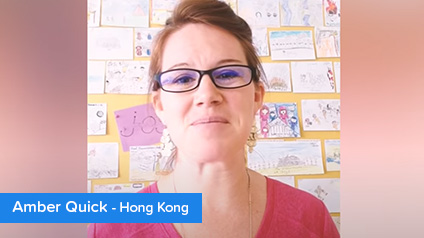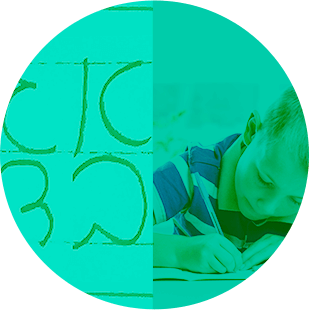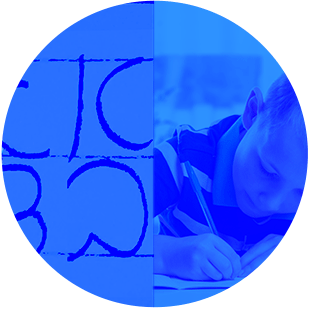Course Description
Elevate your Hebrew communication skills and pronunciation with our immersive course! Unlock the power of clear and effective communication in Modern Hebrew by mastering the accent and speech used by native speakers. This 15-week program is designed to help you build a strong foundation in practical conversational in Hebrew, while having fun along the way.
By the end of the course, you will…
- Understand and modify Hebrew sounds that differ from your native language.
- Connect phrases with proper rhythm, utilizing colloquial expressions effectively.
- Move beyond literal translations from English to Hebrew.
- Improve listening comprehension by gaining insight into Israeli pronunciation and interpretation.
- Eliminate the need to switch to your native language
Our course employs unique techniques that challenge your thinking, promoting a new perspective on improving your accent. You’ll benefit from a comprehensive video course and receive live, in-the-moment feedback on your speech, blending self-study and guided learning. Master Hebrew vowel and consonant sounds, including challenging ones like Resh + Chet / Chaf, through interactive exercises. Practice with word lists, paragraphs, and dialogues to refine your Israeli accent with the guidance of a native coach. By the end of the course, you’ll confidently express full sentences with your newly acquired Israeli accent.
Join us and unlock your potential in Hebrew communication!
We do not have any availability for this course right now.
Leave your details and we will be in touch to help you find the right course.
CONTACT US















 Available on WhatsApp
Available on WhatsApp